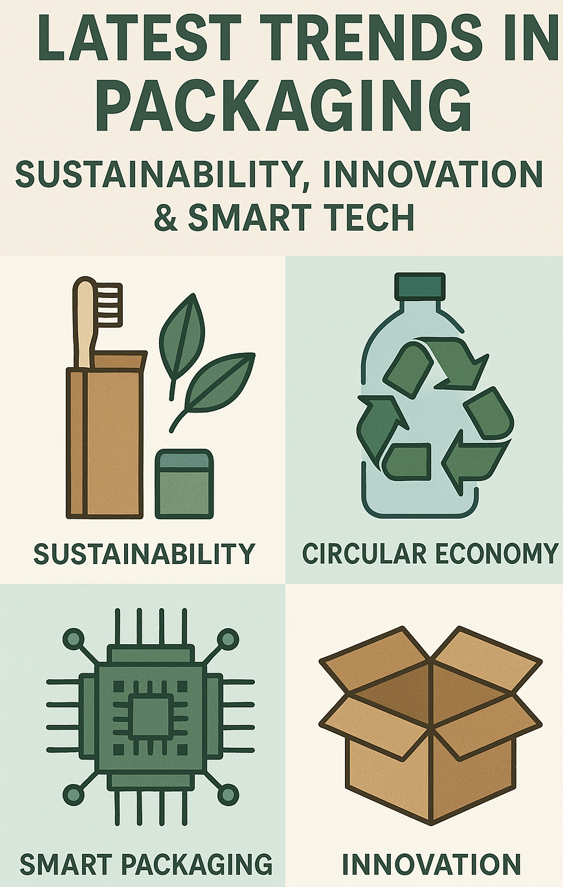
The initiative was launched in 2019 and those now signed up include fashion and beauty e-tail giant Zalando, plus brands Mango, ba&sh, Ardene, and Nicholas Kirkwood. The new brands bring the total number of Pack4Good partners to 317.
Canopy said they’ve all “committed to revolutionising their packaging supply chains to protect vital forests all over the planet”.
The move comes as it also said that every year three billion trees — an area of forest about the size of Germany — are cut down to produce paper packaging. Scientists have urged greater conservation and restoration of forests as vital components in addressing the climate and biodiversity crises.
That issue has become more acute as companies have shifted away from plastic packaging and committed to using more paper-based bags and boxes. While consumers have embraced this, few think about the extra eco issues that this shift has created.
But now, Nicholas Kirkwood, for instance, said that it “will support approaches and systems to build a future that does not use ancient and endangered forests in the packaging, paper or in man-made cellulosic fabrics, including rayon, viscose, lyocell, modal and other trademarked brands. We will influence these supply chains in order to protect the world’s remaining ancient and endangered forests and endangered species habitat”.
Beatriz Bayo, head of CSR at Mango, added: “The importance of keeping forests intact is critical to help regenerate ecosystems and promote biodiversity. Mango is committed to be a part of this mission and we are happy to join Canopy to work towards this common goal. Consequently, Mango is working to ensure that our packaging and the origin of the fibres of our products don’t come from vital forest ecosystems.”
And an Ardene spokesperson said: “Creating paper packaging doesn’t have to equal cutting down trees. There are innovative solutions that exist right now that change this market equation to one that benefits both industry and the planet. Next Gen Solutions utilise alternative fibres, including agricultural waste, to make strong, attractive, and versatile packaging, while taking pressure off forests, lowering carbon emissions, and enabling a circular economy.”







